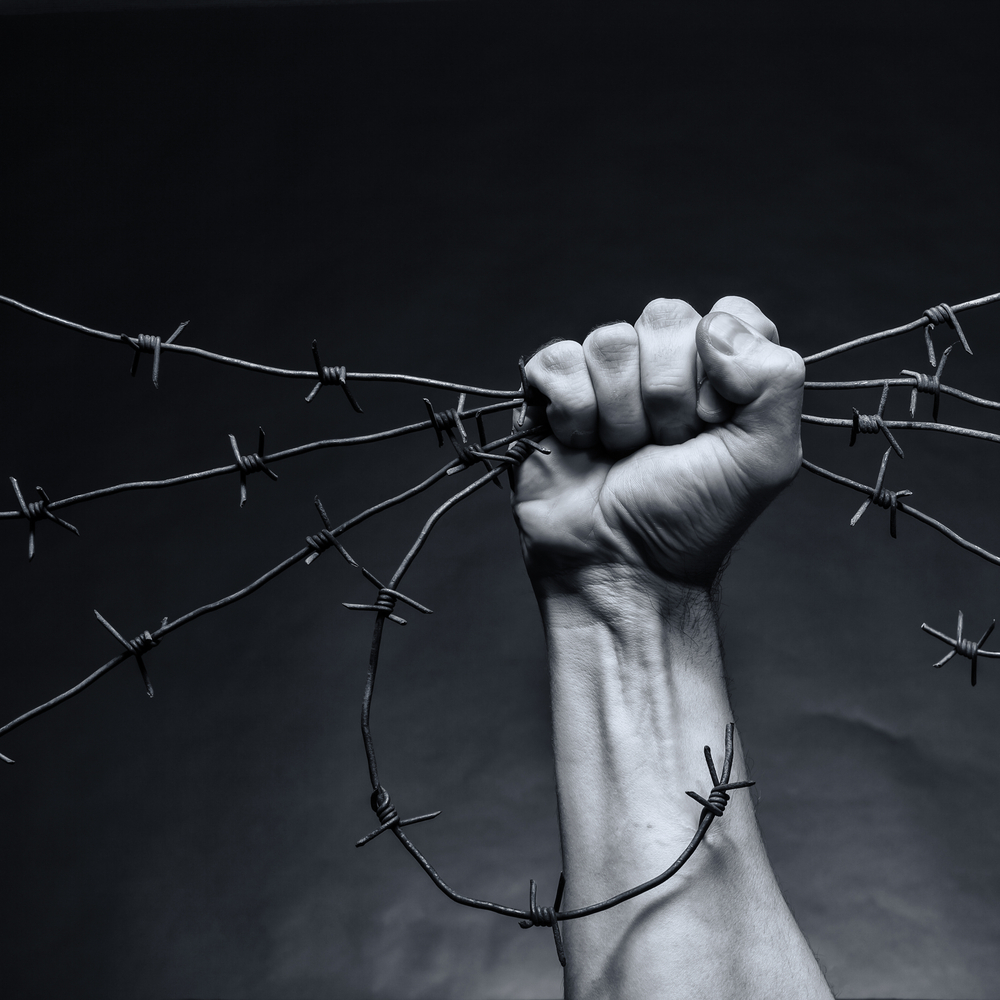A while ago I wrote an article about Uruguay in which I spoke approvingly of that country’s decision to bar foreign corporations or sovereign wealth funds from purchasing its rich farmland. The Uruguayan government was alarmed by the acquisition of massive tracts of fertile African land by such entities — such as the governments of Saudi Arabia and South Korea — which they intended to use to grow food for their own people.
Uruguay’s parliament decided that the costs of such deals far outweighed any potential benefits. I agreed. Sure enough, I received a few scathing letters from readers accusing me of being a “socialist” for supporting government interference in the “rights of property.”
I thought of those letters when I read the other day about Saudi Arabia’s purchase of huge areas in the Southwest U.S. to grow alfalfa for their cattle herds. As my colleague JL Yastine has pointed out, what the Saudis really wanted was the water that land contained, since it was cheaper for them to grow cattle feed with ours and ship it halfway across the world than to irrigate their own land. Every drop that goes to Saudi alfalfa is one less for American farmers.
This raises urgent questions about the meaning of liberty … and about the kind of world we want to live in.
Some years ago, as I bounced on the hard seat of a Land Rover while traversing a dangerous mountain pass in southern Madagascar, a local colleague explained to me that our route was necessary to avoid violent protests by Malagasies in the rural lowlands. They were enraged because their government had sold exclusive rights to nearly 30% of the country’s farmland to the sovereign wealth fund of South Korea. To add insult to injury, the Malagasy government had also sold the Koreans the rights to a massive coal seam, which they planned to mine and export for their exclusive use.
Unlike the current occupiers of a U.S. federal wildlife refuge in Oregon, Malagasies didn’t object to the fact that their government controlled the resources in question. Instead, they objected to selling them to foreigners who had no interest in their welfare. They knew that there would be few jobs from the Korean projects, and that the taxes and fees the foreigners paid would probably end up in politicians’ pockets. They would pay higher food prices and possibly even face shortages while food was exported to its foreign owners, as had happened in Ethiopia, India and other countries.
It was a transparently raw deal for Madagascar. And a few months after I left, the country’s government was overthrown in a massive popular uprising, from which it has not yet fully recovered.
Property Is Never Truly Private
A clever guy whose blog I read says that there is no such thing as private property. Instead, he says, what we are really buying when we purchase something, such as land, is a “violence voucher” — a promise by the government that it will enforce your rights to use the land and to exclude all others.
This is not an academic issue. It goes to the heart of one of the great conundrums of libertarian thought: The rights that we so jealously guard from “overreaching government” only exist because of that government. Even the rights that we regard as natural — such as life, liberty and the pursuit of happiness — can only be realized if there is an organized force outside the market that acts to protect them — at a minimum, the law, the courts and the police.
The alternative is for each of us to be our own little warlord, like Immortan Joe in the blockbuster film Mad Max: Fury Road, enforcing our own “rights” through pitiless violence.
The Invisible Boundary Between Liberty and Serfdom
The governments we humans create to secure our rights tend to grow into an oppressive force that eats into those rights. The question is: Where’s the boundary between the things the government does to secure our rights — such as the “violence vouchers” that secure our property — and government violations of our rights? No government at all is Mad Max-style anarchy, but too much is serfdom.
The case of land ownership by foreign corporate or sovereign entities gets to the heart of this dilemma. In Madagascar, Uruguay and the southwest U.S., governments responded differently, with varying results. Madagascar’s government was overthrown. Otherwise property-loving patriots in the Southwest are up in arms over Saudi access to “their” water.
In Uruguay, on the other hand, the government’s decision means that country’s farmland market continues to be accessible to individual foreigners, like you and me. If we had to compete with Saudi oil money, we’d be shut out of that market.
What do you think? Is it right for government to intervene in land markets in this way? Or is it “socialism”? I’d love to hear your thoughts: Send me an email at totalwealthinsider@sovereignsociety.com.
Kind regards,

Ted Bauman
Offshore and Asset Protection Editor









